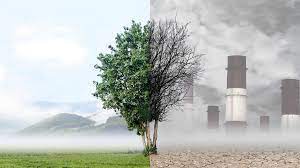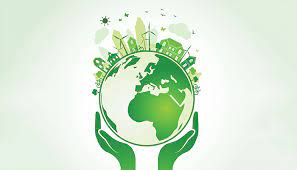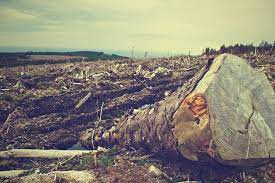Protection and Development of Water Resources Guide
Contamination of water resources and sources may arise from microbiological pathogens from human and animal excreta or accidental or deliberate pollution by industries or the… Read More »Protection and Development of Water Resources Guide


















